Why Are My Drains So Slow?
Krystle Hartmann • August 25, 2025
Slow drains are a common household issue, often resulting in water pooling in sinks, bathtubs, and showers. Several factors can contribute to this inconvenience, from minor blockages to serious plumbing problems. Understanding the root causes is essential to finding a lasting solution.
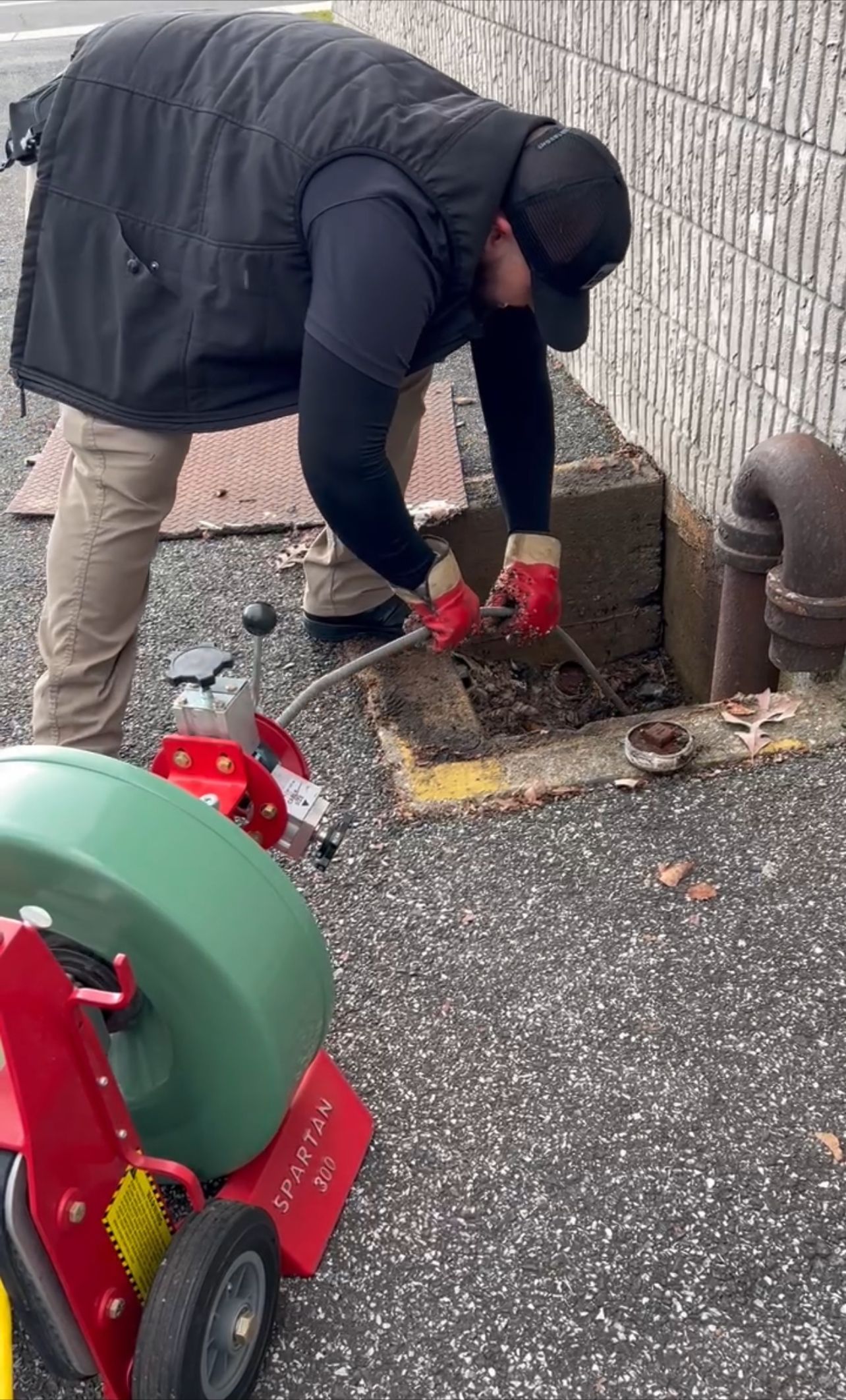
5 Common Reasons for Slow Drains
Accumulation of Hair and Soap Scum
One of the most frequent causes of slow drains in bathrooms is the buildup of hair and soap scum. Hair shed during showers can become entangled with soap residue, forming stubborn clogs that restrict water flow. In areas with hard water, like West Babylon, soap is less effective at dissolving, which worsens the buildup.
Grease and Food Particle Buildup
Kitchen sinks are especially prone to clogs from grease and food particles. Although grease may appear harmless when hot and liquid, it solidifies as it cools, coating the inner walls of pipes. Undissolved food particles add to the obstruction, leading to slow or completely blocked drains.
Tree Root Intrusions
Homes surrounded by trees often face issues with roots infiltrating sewer lines. Roots seek out moisture and can penetrate through small cracks in underground pipes. Once inside, they expand, causing significant blockages and even damaging the structure of the plumbing system.
Mineral Deposits from Hard Water
Hard water, which contains high levels of calcium and magnesium, can lead to mineral buildup inside pipes. Over time, these deposits reduce the diameter of the pipes, slowing water flow. Households without water softeners are particularly vulnerable to this issue.
Foreign Objects Obstructing the Drain
Items such as jewelry, children's toys, and so-called "flushable" products can inadvertently enter drains and cause obstructions. These objects don't break down in water and often trap other debris, resulting in more severe blockages.
When to Call a Professional
Preventive measures like using drain strainers and avoiding grease disposal in sinks can help, but not all clogs can be managed at home. Issues caused by tree roots, mineral deposits, or severe buildup require professional tools and expertise to resolve safely and effectively.
Restore Flow with Professional Drain Cleaning
If your home is dealing with slow drains, Hartmann's & Esposito Plumbing Heating & Air Conditioning is here to help. Our expert team uses state-of-the-art equipment to diagnose and clear even the toughest clogs. We offer prompt, reliable drain cleaning services to keep your plumbing system running smoothly. Call us today (631) 293-2600 or fill out our online form to schedule your service.
6 Signs You're Due for an HVAC Upgrade Your HVAC system plays a critical role in maintaining indoor comfort and air quality, especially during the peak of summer or winter. Like any major appliance, it has a limited lifespan and recognizing when it's time for an upgrade can save you from discomfort, inflated energy bills, and emergency repairs. Here are some key signs that it may be time to replace your HVAC system. 1. Soaring Energy Bills A noticeable increase in your utility bills, without any significant change in usage, is often a red flag. As HVAC systems age, they lose efficiency, forcing them to work harder to maintain indoor temperatures. This extra effort consumes more energy, which is reflected in your monthly costs. If your bills are steadily rising, it could be time to consider an energy-efficient upgrade. 2. Frequent Breakdowns and Repairs If you're calling your HVAC technician more often than you used to, your system may be nearing the end of its useful life. Frequent repairs not only drain your wallet but also indicate that components are wearing out. At a certain point, upgrading to a new unit becomes more cost-effective than constantly fixing an old one. 3. Inconsistent Temperatures and Comfort Levels Hot and cold spots in your home or business are often a sign of an HVAC system that's struggling to distribute air evenly. Uneven comfort levels can also stem from aging ductwork or outdated thermostats. Modern HVAC systems are equipped with advanced zoning capabilities and smart controls that ensure consistent temperatures throughout your space. 4. Your System Is More Than 10-15 Years Old The average lifespan of an HVAC system is around 10 to 15 years, depending on the make, model, and how well it's been maintained. Older systems are less efficient and may not be compatible with newer technologies. If your unit is over a decade old, it's likely time to start planning for a replacement. 5. Poor Indoor Air Quality An aging HVAC system can compromise your indoor air quality, contributing to excess dust, mold growth, or humidity issues. If you're noticing more allergy symptoms, strange odors, or condensation on windows, your system may not be properly filtering or ventilating the air. A new system with advanced filtration can dramatically improve indoor air quality. 6. Outdated Technology and Features HVAC technology has come a long way in recent years. If your current system lacks compatibility with smart thermostats, energy monitoring tools, or variable-speed components, you're missing out on features that can boost both comfort and efficiency. Upgrading allows you to take advantage of the latest energysaving innovations. Upgrade with Confidence at Hartmann's & Esposito If your HVAC system is showing any of the signs above, don't wait for a complete breakdown before taking action. Upgrading now means better comfort, improved air quality, and lower energy bills. At Hartmann's & Esposito Plumbing Heating & Air Conditioning, we specialize in efficient, high-performance HVAC installations tailored to your home or business. Serving all of Long Island NY, our experienced team is here to help you choose the right solution for your needs. Call us today at (631) 528-6751 or fill out our online form to schedule a consultation. Let us help you enjoy reliable comfort year-round.
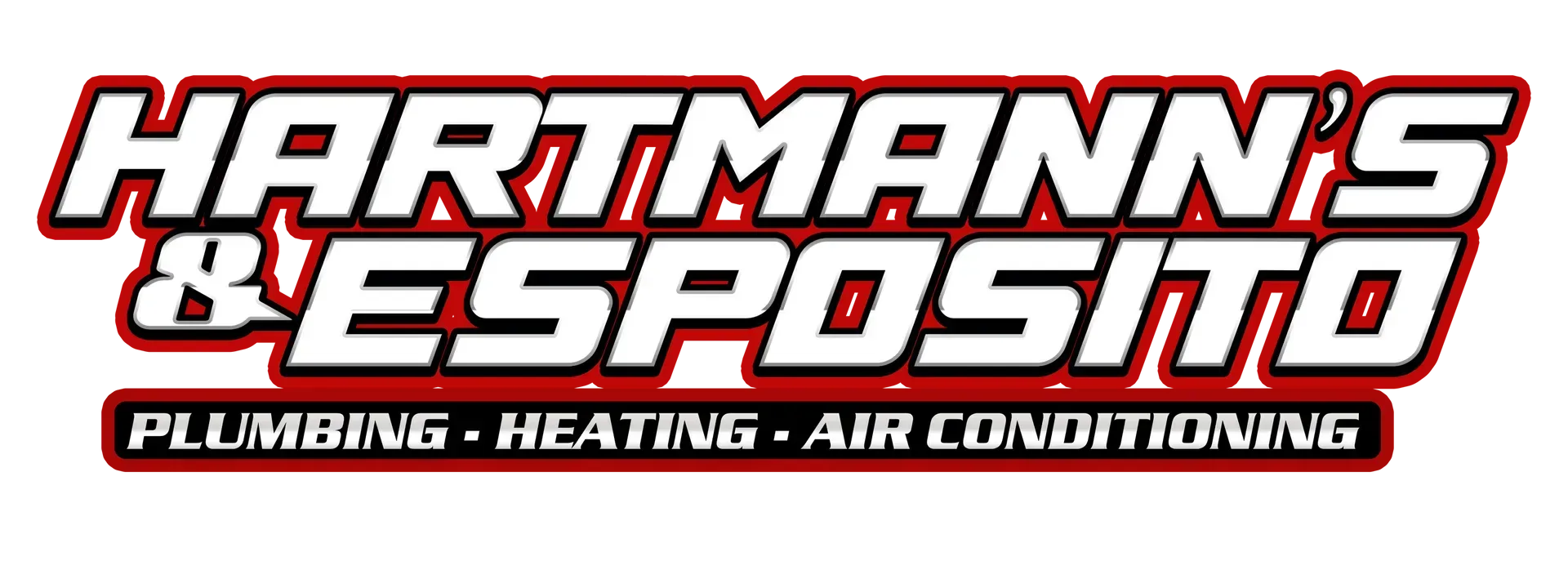
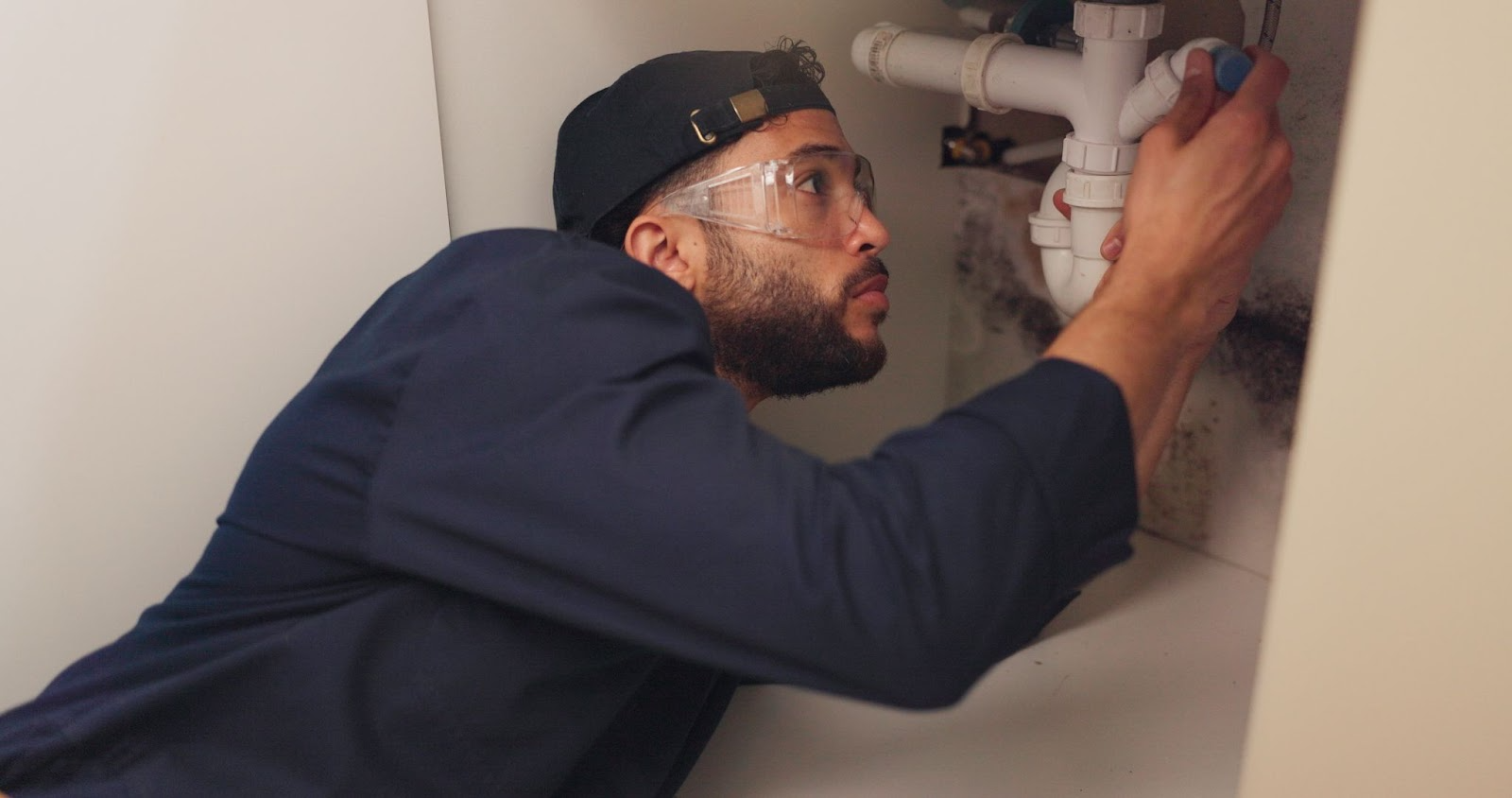
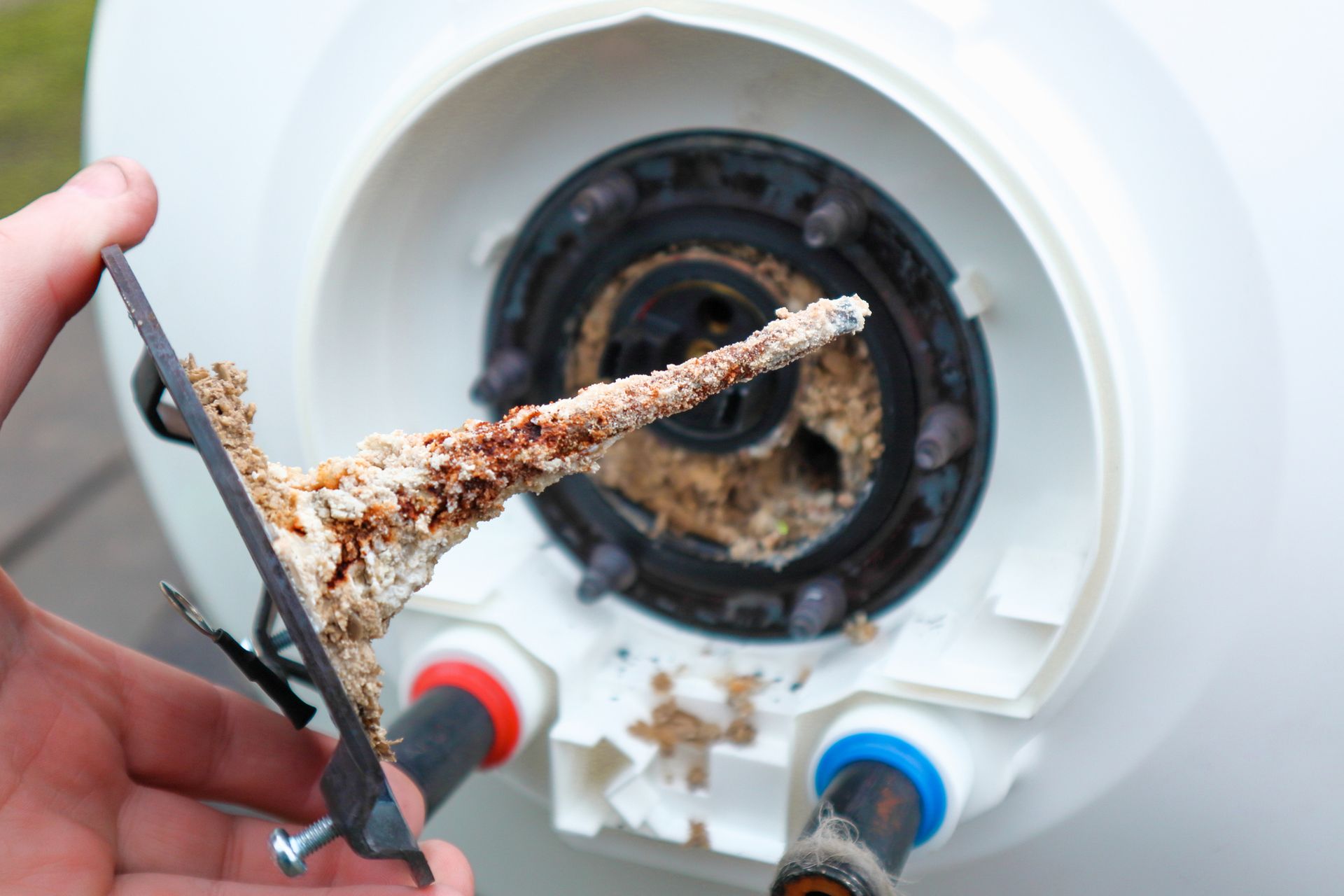
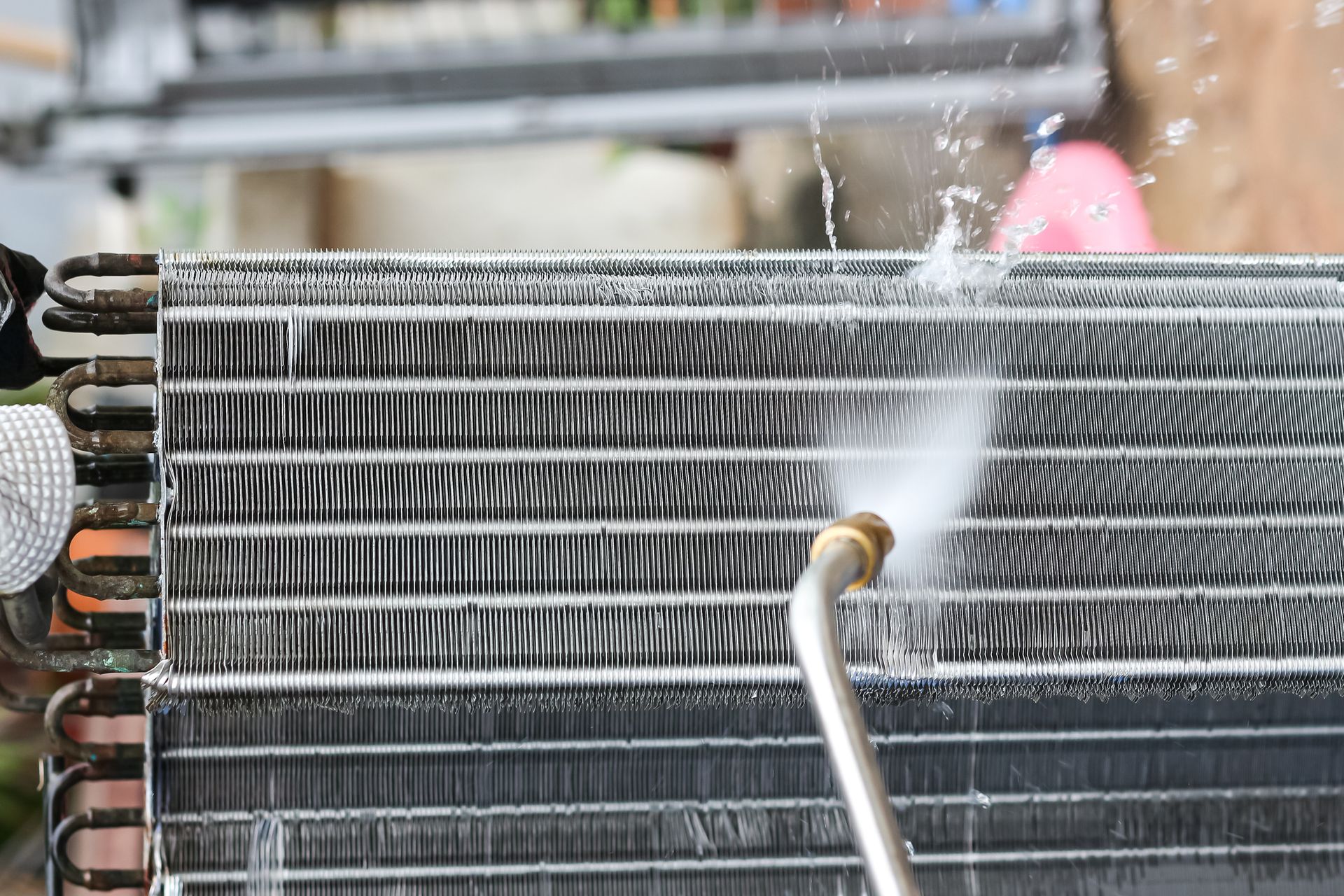
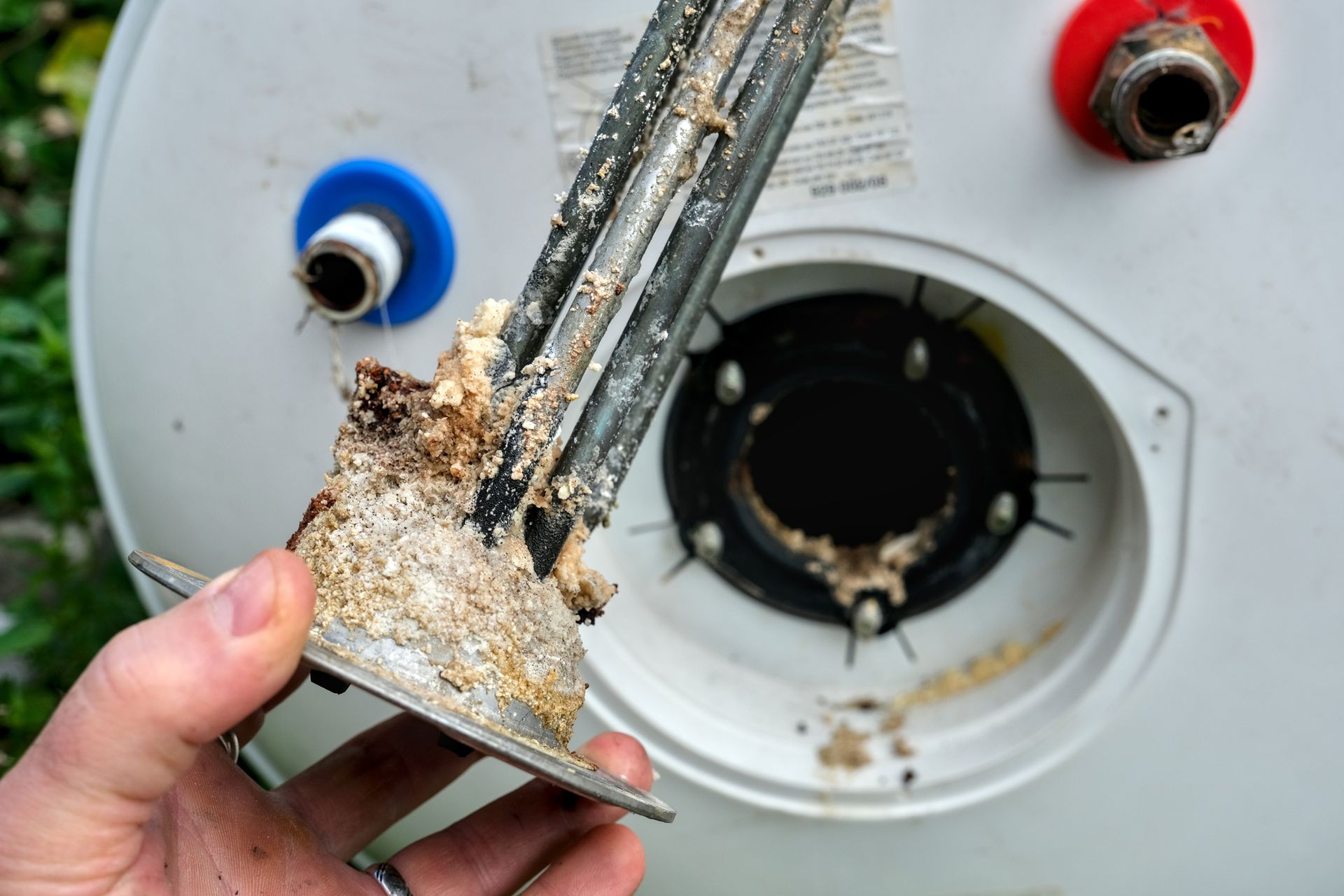
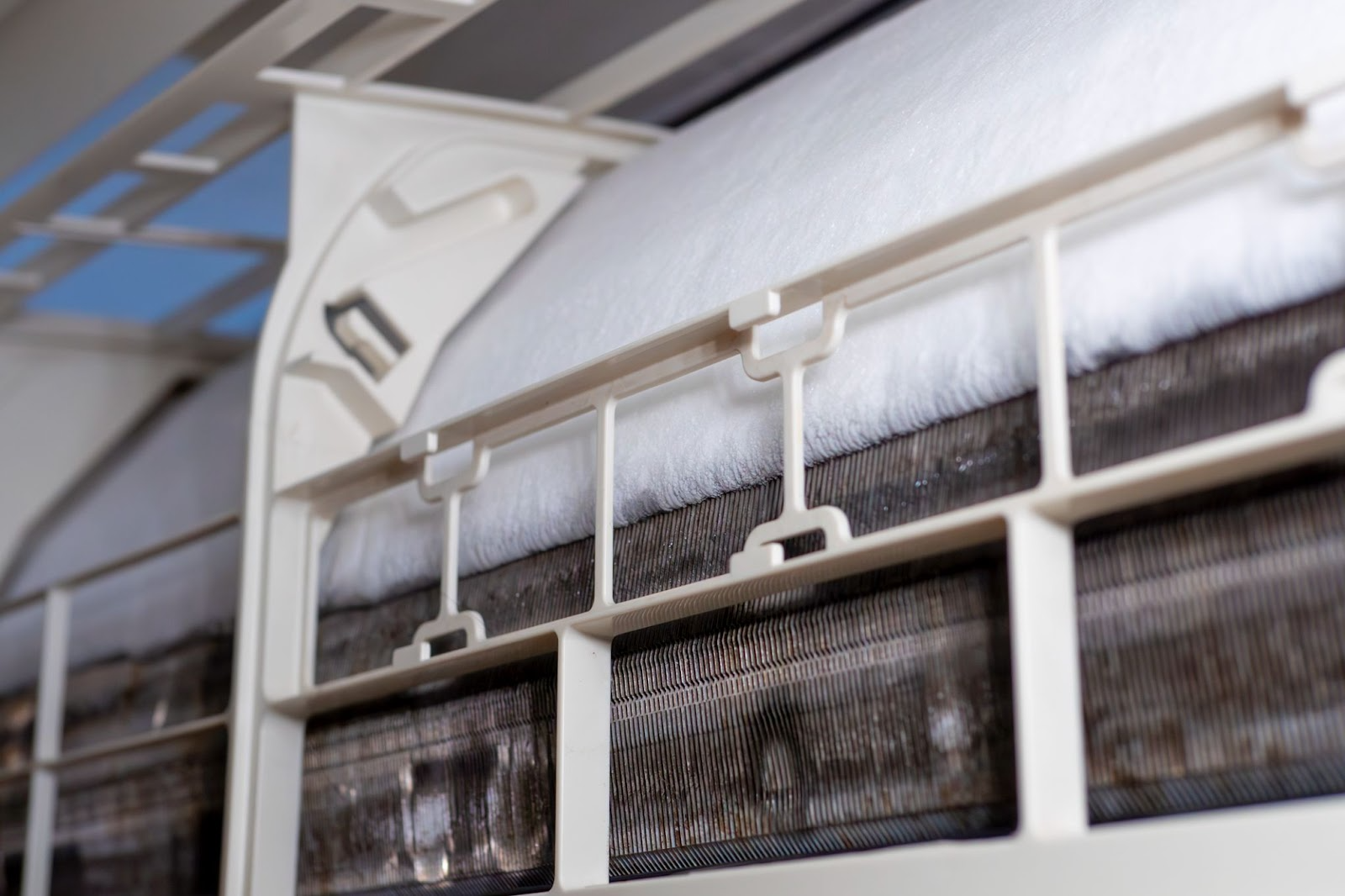
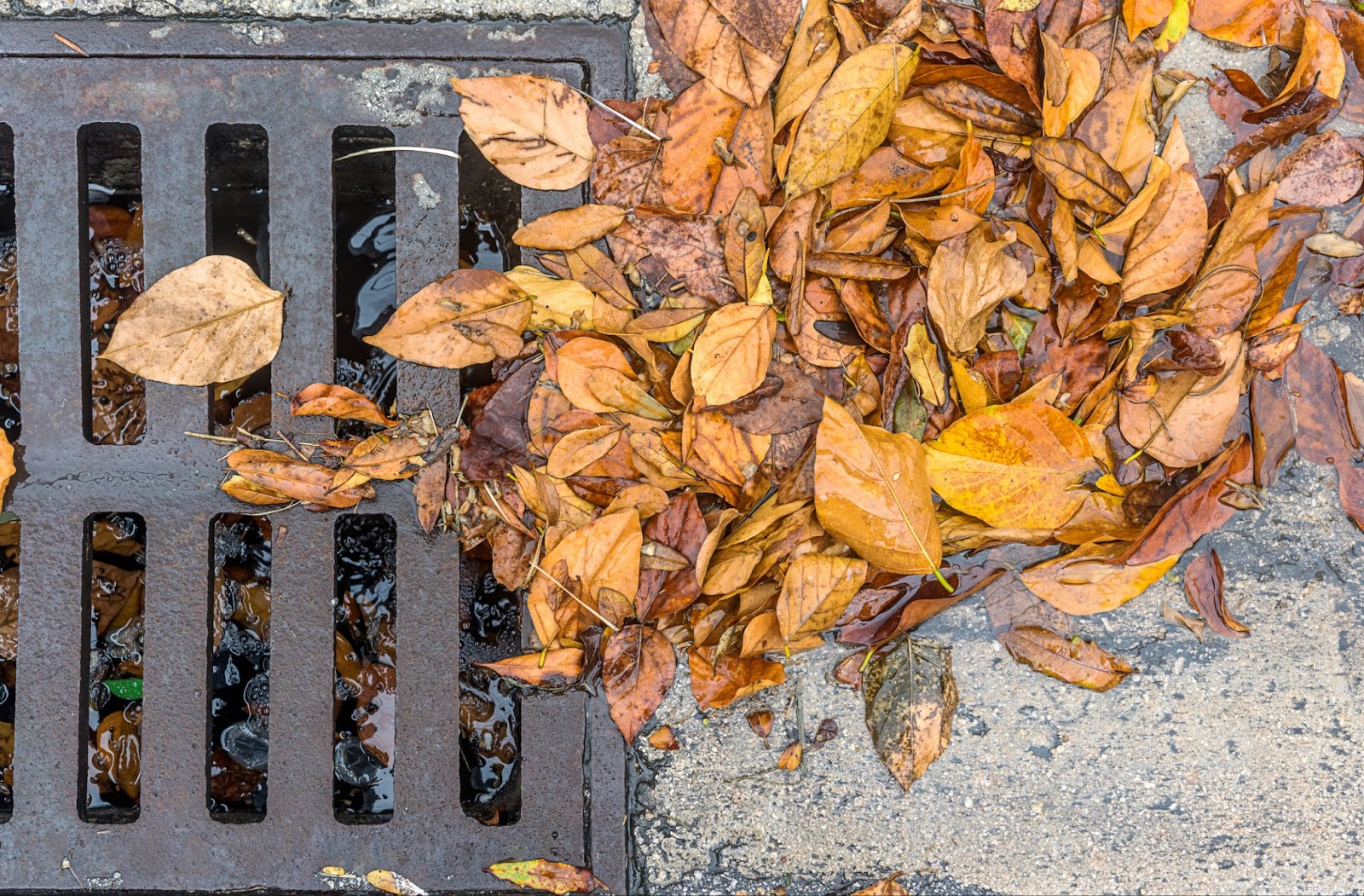
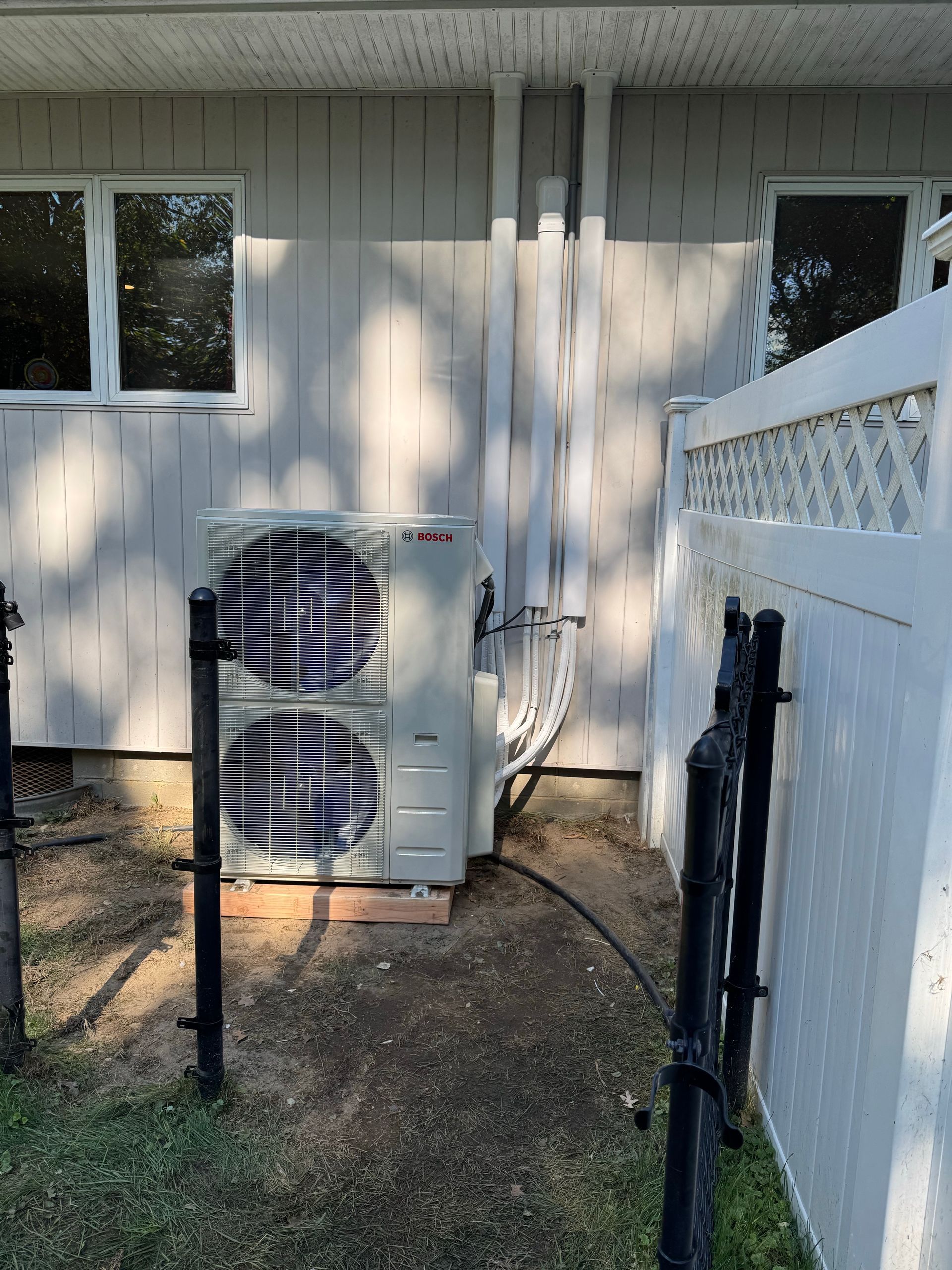
Share On: